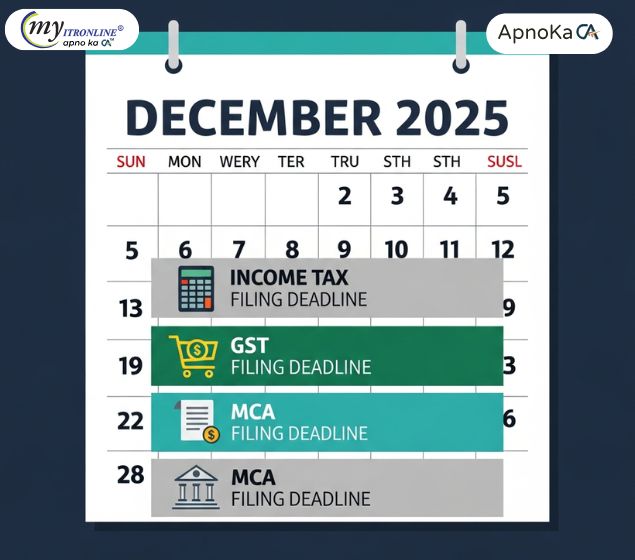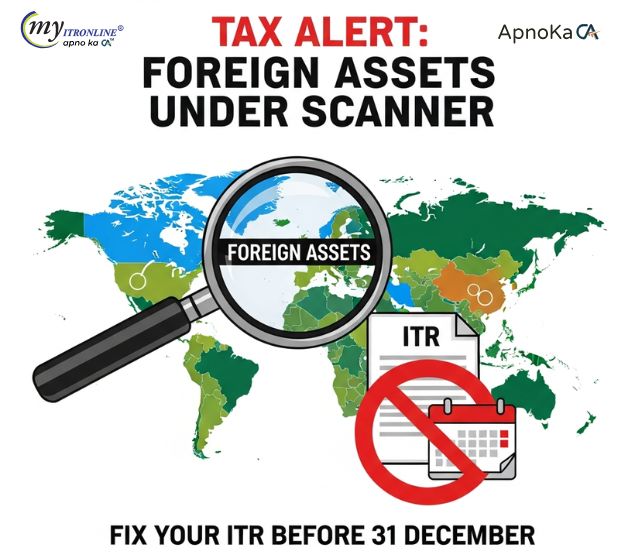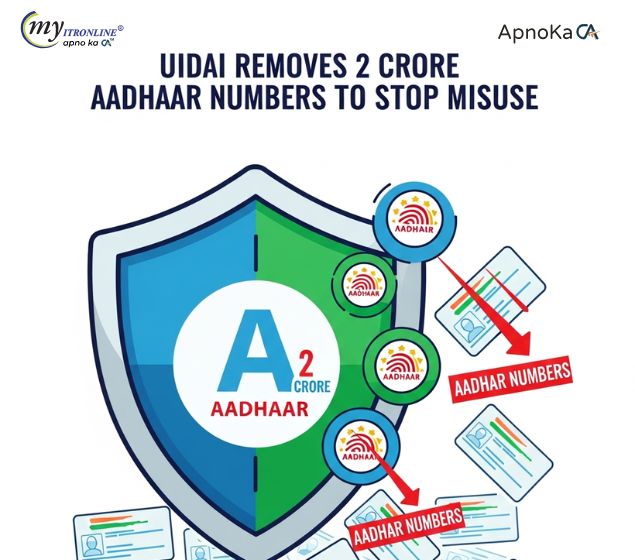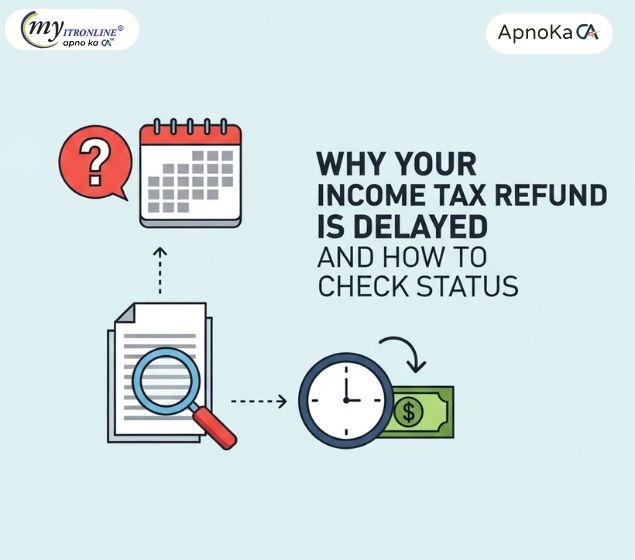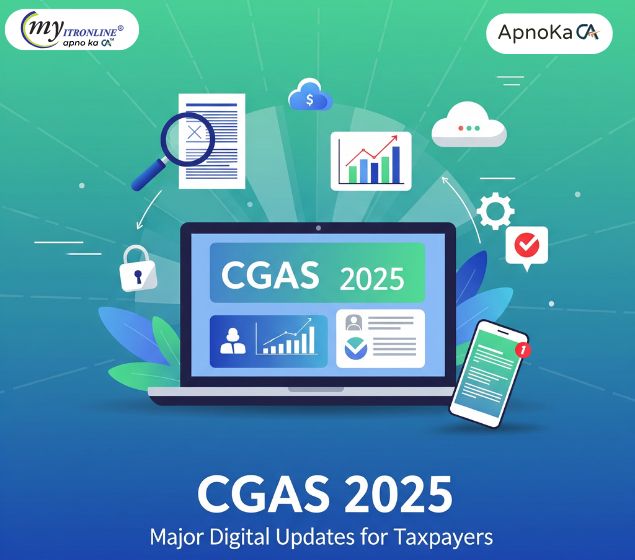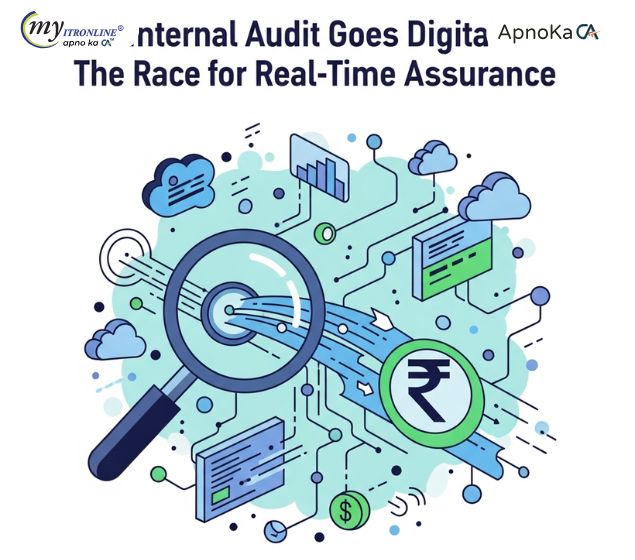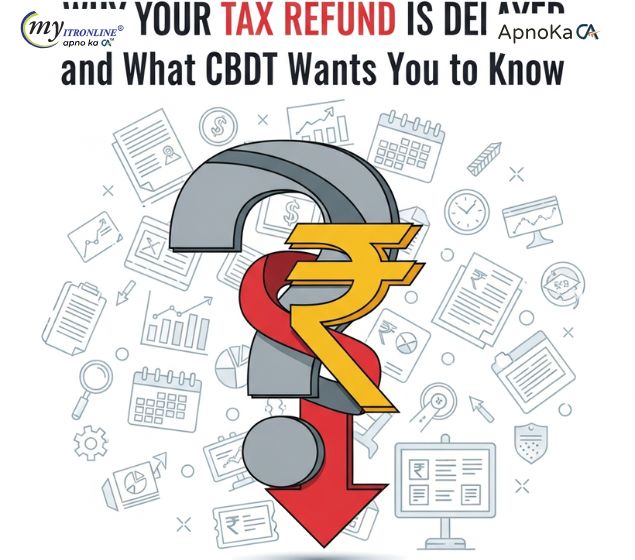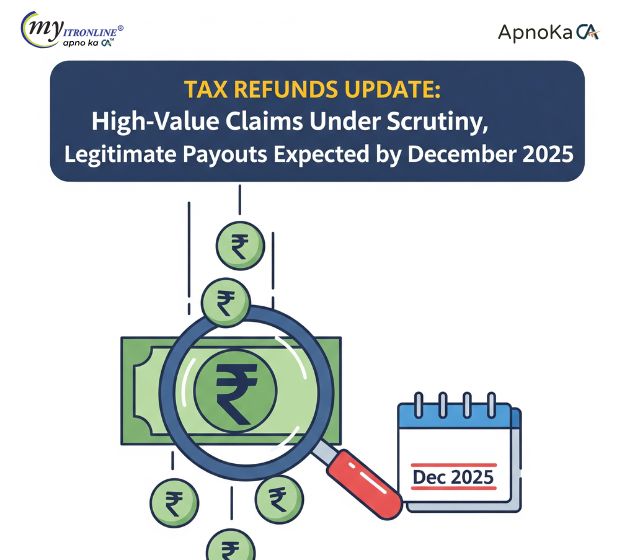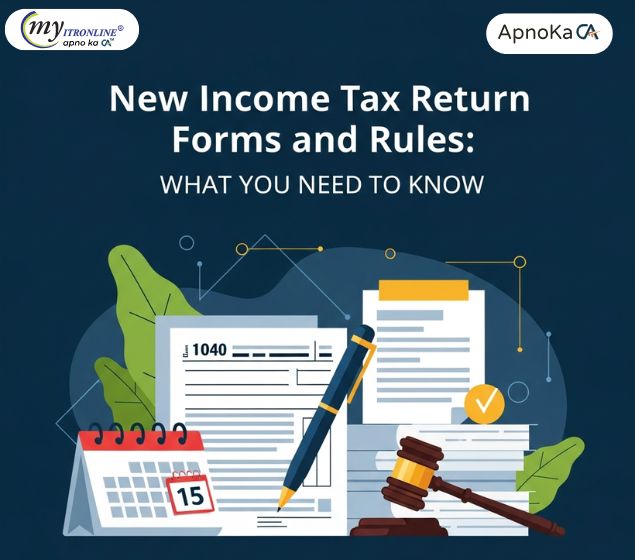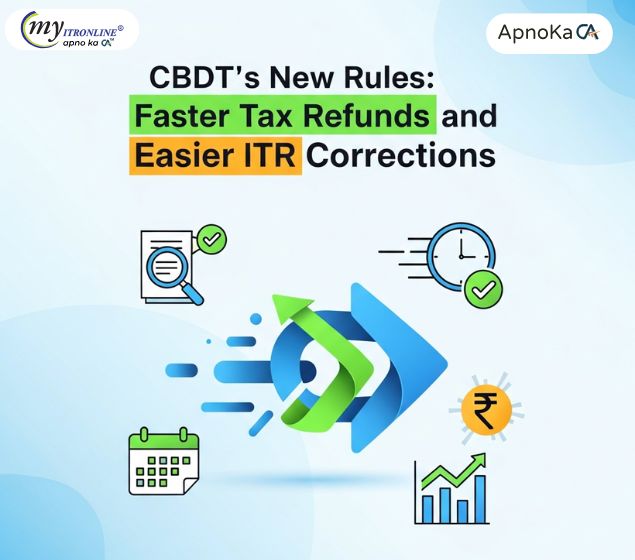TDS on Partner Payments: Your Firm's New Compliance Checklist for FY 2025-26
The FY 2025-26 brings crucial changes for partnership firms & LLPs regarding partner remuneration. This blog decodes the new, increased deduction limits under Section 40(b) and the mandatory TDS introduction via Section 194T on payments to partners. It covers who's a working partner, the role of the partnership deed, and essential compliance steps for firms.
.jpg )
Hey everyone! If you're running a business as a partnership firm or a Limited Liability Partnership (LLP), you know that how you pay your partners can greatly affect your taxes. The good news is that for the Financial Year (FY) 2025-26, there are important changes and clarifications regarding deductions on partner remuneration.
What is "Remuneration to Partners"?
In a partnership firm or LLP, partners often contribute their time, effort, and expertise to the business. To compensate them, the firm can pay them:
- Salary: Regular payments for their work.
- Bonus: Extra payments for good performance.
- Commission: Payments based on sales or targets achieved.
- Interest on Capital/Loan: Payments for the money partners have invested or loaned to the firm.
These payments are collectively referred to as "remuneration" for tax purposes.
Why is it important to understand deductions on these payments?
When a partnership firm calculates its taxable profits, it wants to reduce its income by deducting legitimate business expenses. If the remuneration paid to partners can be deducted, it means the firm pays less tax.
However, the Income Tax Act has specific rules under Section 40(b) to ensure these deductions are fair and not a way to avoid tax.
The Big Changes for FY 2025-26
Two major changes impact how you handle partner remuneration:
1. Increased Limits for Deduction
Before FY 2025-26, there were limits on how much remuneration a firm could deduct from its profits, based on the firm's "book profit."
Now, starting April 1, 2025, these limits have increased significantly. This is a relief for many firms, allowing them to pay their working partners more while still claiming those payments as tax deductions.
Here’s a quick comparison of the new limits versus the old ones:
| Book Profit (of the firm) | Old Deduction Limit (Until FY 2024-25) | New Deduction Limit (From FY 2025-26) |
|---|---|---|
| On the first ₹3,00,000 (or in case of a loss) | ₹1,50,000 or 90% of book profit (whichever is higher) | ₹3,00,000 or 90% of book profit (whichever is higher) |
| On the remaining book profit | 60% of the remaining book profit | 60% of the remaining book profit |
What does this mean? Firms can now deduct higher amounts paid as remuneration to their working partners, allowing for better compensation without losing the tax benefit.
Important Note: This increased limit applies to the total remuneration paid to all working partners combined, not to each individual partner.
2. Introduction of TDS on Partner Payments
This is another significant change! Previously, partnership firms generally did not need to deduct TDS on remuneration, interest, or other payments made to their partners. But that has changed!
Effective April 1, 2025, a new Section 194T has been introduced in the Income Tax Act.
What does Section 194T state?
- Who deducts? Any partnership firm or LLP.
- What payments are covered? Salary, remuneration, commission, bonus, or interest paid to a partner.
- When to deduct? At the time of crediting the amount to the partner's account (including their capital account) or at the time of payment, whichever happens first.
- TDS Rate: 10%
- Threshold Limit: If total payments to a partner (salary, remuneration, interest, bonus, commission) exceed ₹20,000 in a financial year, TDS must be deducted.
Crucial Point: If the ₹20,000 limit is exceeded, TDS is deducted on the entire amount paid, not just the amount over ₹20,000.
- PAN/Aadhaar Rule: If the partner doesn't provide a valid PAN/Aadhaar, the TDS rate will be higher at 20%.
- No 15G/15H: Partners cannot submit Form 15G or 15H to avoid TDS under this section, unlike some other TDS provisions.
What does this mean for you?
- For the Firm: If your firm pays partners remuneration or interest, you now have a new compliance responsibility. You'll need to deduct TDS, deposit it with the government, and file TDS returns (Form 26Q) regularly. You'll also need a Tax Deduction Account Number (TAN) if you don't already have one.
- For the Partners: The remuneration and interest you receive from the firm will now have 10% TDS deducted at source. This deducted tax will be shown in your Form 26AS/AIS, and you can claim credit for it when you file your individual income tax return.
Other Key Clarifications and Compliance Tips for Firms
Even with the new changes, some rules for deducting partner remuneration under Section 40(b) remain the same:
- Only for Working Partners: Remuneration (salary, bonus, commission) can only be deducted if it's paid to a "working partner."
- Who is a "Working Partner"? A working partner is someone actively involved in running the business or profession of the firm. They don’t have to work full-time, but they must participate in the firm's affairs. (Note: Only an individual can be a working partner; a company as a partner cannot be a "working partner" for this purpose).
- Interest on Capital/Loan: Interest can be paid and deducted for both working and non-working partners.
- Authorized by Partnership Deed: The payment of remuneration and interest must be clearly authorized by your Partnership Deed (the legal document governing your partnership). The deed should specify the exact amount or detail how to calculate these payments. If your deed doesn’t mention it, the deduction won’t be allowed.
- No Backdating: Remuneration will only be allowed as a deduction from the date the clause about remuneration is included in your Partnership Deed. You can't backdate it to a time before the deed was created or amended.
- Interest Rate Limit: The interest paid to partners on their capital or loans cannot exceed 12% per annum. If you pay more, only up to 12% will be allowed as a deduction.
Taxability in the Partner's Hands:
- The remuneration (salary, bonus, commission) and interest that are deductible for the firm (within the limits) will be taxable to the partner under "Profits and Gains from Business or Profession."
- However, a partner's share of profit from the firm is generally exempt from tax in the partner's hands to avoid double taxation since the firm has already paid tax on its profits.
What Your Partnership Firm Needs to Do Now:
- Review Your Partnership Deed: Ensure your partnership deed clearly outlines the terms for partner remuneration and interest. If your existing deed has lower remuneration limits, consider amending it to take advantage of the increased deduction limits from FY 2025-26.
- Get a TAN: If your firm hasn't been deducting TDS before, apply for a Tax Deduction Account Number (TAN) immediately to comply with Section 194T.
- Implement TDS Processes: Set up systems to:
- Deduct 10% TDS on all applicable partner payments (salary, remuneration, bonus, commission, interest) exceeding ₹20,000 in the financial year.
- Deposit the deducted TDS with the government within the due dates.
- File quarterly TDS returns (Form 26Q).
- Issue TDS certificates (Form 16A) to your partners.
- Inform Your Partners: Make sure all partners are aware of the new TDS rules and how it will affect their payments and individual tax returns.
- Maintain Proper Records: Keep detailed records of all payments made to partners, TDS deducted, and compliance filings.
Consequences of Non-Compliance
Missing these steps can lead to penalties and disallowances for the firm:
- Interest on Late TDS: Interest will be charged for delays in deducting or depositing TDS.
- Penalties: Penalties can be imposed for non-compliance, including late filing of TDS returns.
- Disallowance of Expense: If TDS is not deducted or deposited as required, a portion (30%) of the payment to the partner might not be allowed as a deduction for the firm's taxable income. This means the firm would face a higher tax bill.
Conclusion:
The increased limits for partner remuneration deductions are a positive step, offering more flexibility for firms to compensate their working partners. However, the introduction of TDS on these payments under Section 194T adds a new layer of compliance.
While it adds an additional step, it aims to bring more transparency and consistency to how payments to partners are treated for tax purposes. By understanding these changes and taking the necessary compliance actions, partnership firms and LLPs can navigate the new tax landscape effectively and avoid unexpected surprises.
FILING YOUR INCOME TAX RETURN F.Y 2024-25 (A.Y. 2025-2026) WITH MYITRONLINE
The income tax filing deadline is right around the corner. If you haven’t filed yet, do it today with Myitronline! Avoid last minute rush and file your tax return today on MYITRONLINE in Just 5 mins.(www.myitronline.com)
If you are looking for eCA assistance to file your income tax return/ GST, you can opt for MYITRONLINE eCA assisted plan starting
Upload Salary Individual Form-16
If you have any questions with filing your tax return, please reply to this mail. info@myitronline.com OR call 9971055886,8130309886.
Note-All the aforementioned information in the article is taken from authentic resources and has been published after moderation. Any change in the information other than fact must be believed as a human error. For queries mail us at marketing@myitronline.com
Krishna Gopal Varshney
An editor at apnokacaKrishna Gopal Varshney, Founder & CEO of Myitronline Global Services Private Limited at Delhi. A dedicated and tireless Expert Service Provider for the clients seeking tax filing assistance and all other essential requirements associated with Business/Professional establishment. Connect to us and let us give the Best Support to make you a Success. Visit our website for latest Business News and IT Updates.
Leave a reply
Your email address will not be published. Required fields are marked *Share this article
Krishna Gopal Varshney, Founder & CEO of Myitronline Global Services Private Limited at Delhi. A dedicated and tireless Expert Service Provider for the clients seeking tax filing assistance and all other essential requirements associated with Business/Professional establishment. Connect to us and let us give the Best Support to make you a Success. Visit our website for latest Business News and IT Updates.
View articles








